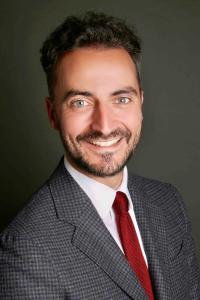pixabay / 5350755
Christian Orthodoxy in its diversity is hardly perceived in many member countries of the EU. At the same time, Europe and the European Union often have a hard time with (non-European) Orthodox Christians. In their statements at the Religious Policy Breakfast in Karlsruhe on the occasion of the 11th Plenary Assembly of the World Council of Churches, the spokesman for church and religious communities of the CDU/CSU parliamentary group in the Bundestag, Thomas Rachel, and the archpriest of the Ecumenical Patriarchate of Constantinople, Radu Constantin Miron, analyzed the relationship between Europe and Christian OrthodoxyIn both speeches, it became particularly clear how closely connected the two sides have always been and still are. In order to overcome the difficulties in mutual perception and evaluation, both sides must therefore become aware of their kinship and develop a new willingness to learn from each other. In concrete terms, Orthodox churches can become bridges for communication with non-European countries for politics.
Topics
Disability Rights & Advocacy: Building a More Equitable Nation
High-Impact Tutoring: an effective lever for improving basic skills
Municipalities in (demographic) change – Strategies to reduce regional imbalances
Regional Implications of the Fall of Assad
Albania and religion – a globally unique case



